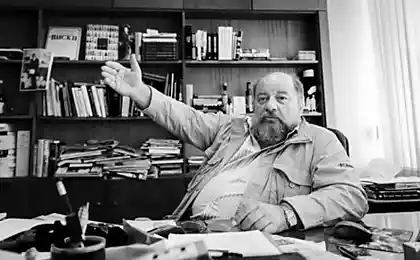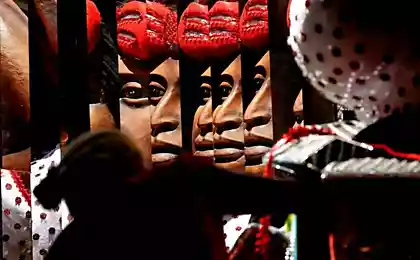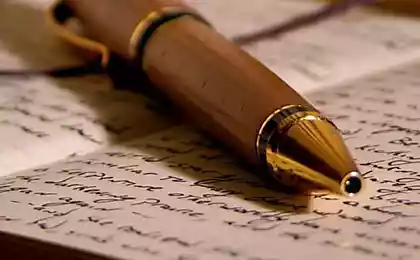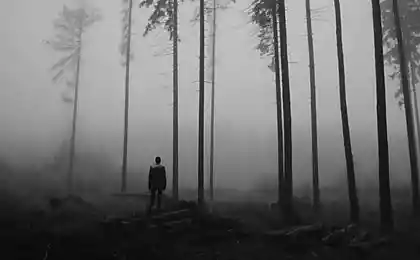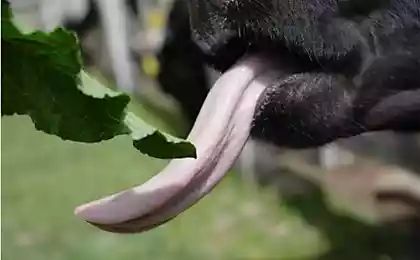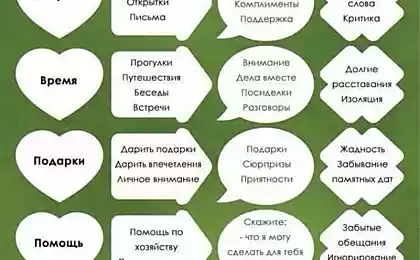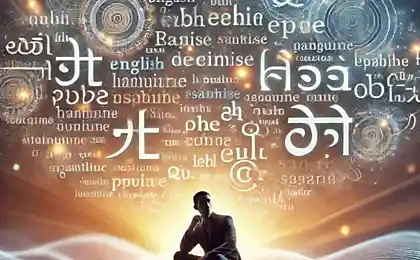173
Proud Soviet school graduates will understand what obsolete words mean
Horace compared words to leaves. Like them, they are born, they thrive, they age, and they pass away to make room for new ones. Some become obsolete because the concepts they called (historicisms) no longer exist; others are replaced by more modern synonyms (archaisms). Our test will determine how well you know outdated words and their meanings.

We foresee the question: “Wouldn’t it be better to forget all these archaisms and speak a normal modern language?” Well, we're not asking you to use outdated words at home. But they certainly should be known. This will allow you to better understand our history, will be useful when reading the classics of Russian literature, will make the speech more vivid and expressive.
Outdated words and their meanings
Outdated words and their meanings
The article and the preview used photos.

We foresee the question: “Wouldn’t it be better to forget all these archaisms and speak a normal modern language?” Well, we're not asking you to use outdated words at home. But they certainly should be known. This will allow you to better understand our history, will be useful when reading the classics of Russian literature, will make the speech more vivid and expressive.
Outdated words and their meanings
- vestimo
We all once learned by heart an excerpt from Nikolai Alekseevich Nekrasov’s poem “Peasant Children”.
"Where's the wood?" - "From the forest, news;
Father, you hear him, he chops and I take him away.
Question: In what sense is the word “vestimo” used here?
(a)apparently
b) carry
in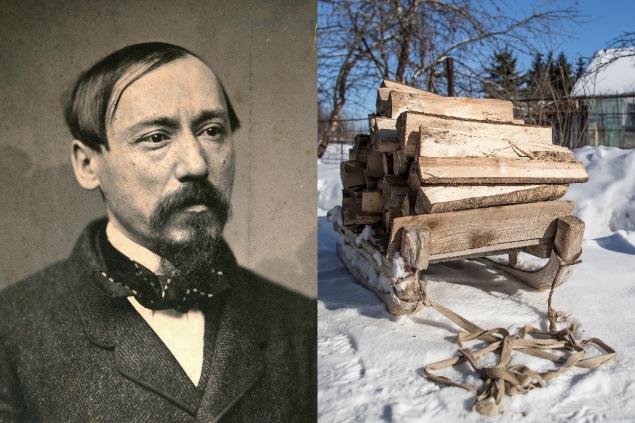
GettyImages - Suseki
"I am Kolobok, Kolobok,
I'm box-scratched,
By the crossbow of methane
What kind of squirrels are they, and where are they located?
(a) floor near the stove
(b) fenced off in the barn
(c)window sill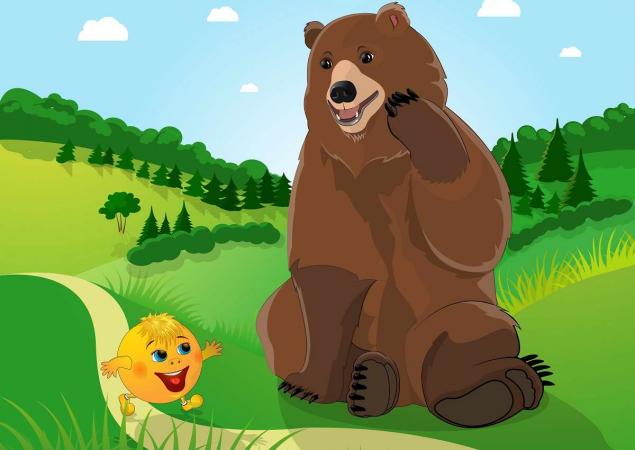
- Alcota
What does the old word “alcota” mean?
(a)offence
b) drunk
(c)hunger
dungeon - shandal
What does the word “chandal” mean, which Nekrasov uses in the poem “Who in Russia lives well”?
"A bed under the stairs, a bed and an iron oven, a shandal and a samovar."
(a) kettle
(b) candlestick
table
d) hanger - Fly
What is the meaning of the outdated word “sweet”?
a) fix
(b) ordain
lazy
d)drink
- zban
Do you know what "frog" is?
(a) high headgear
(b) lid receptacle
(c) unit
(g) shepherd - Hide
What can you buckle from this list?
(a) milk
(b) lace
horse
(d) meat and vegetables - Cast iron
(a) cast-iron pan
(b) railway
weight - Beautiful.
What letters does Alexey Tolstoy call “beautiful”?
“I walked in a cloth caftan, a sharp sword on a barrel, beautiful letters in a hat” (A. N. Tolstoy, Peter the First).
(a) beautiful
(b) inciting rebellion
c) dear to the heart - Widow
What does a gypsy girl wag in the poem “the sun of Russian poetry”?
“And the gypsy girl is dancing, beats drums, waves with a blue width, pours and sings: “I am a dancer, I am a singer, I am a master craftsman” (A. S. Pushkin “Bells ring ...”)
(a) trouser detail
braid
fan
skirt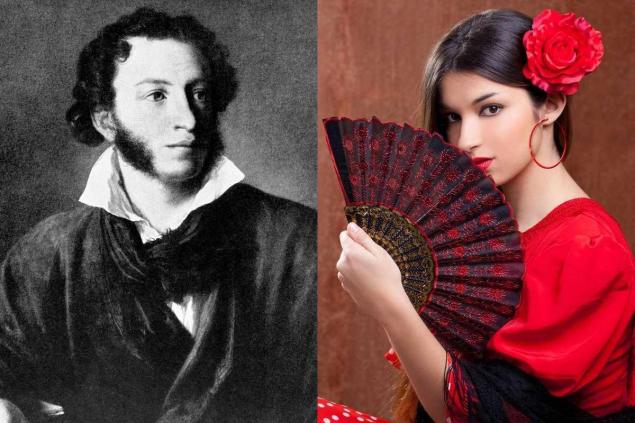
Outdated words and their meanings
- As a child, I was firmly convinced that “from the forest news” is “lead from the forest”. The teacher of Russian literature did not explain to us, or perhaps did not know. But now, fortunately, there's Google that suggests that the outdated word "vestimo" has a meaning of course, is known, goes without saying.
- Susek used to be called part of the barn or cistern, where flour or grain was poured.
- Alcohol is the same as hunger. From here, “hunger” means feeling hungry. In a figurative sense, it is passionate to desire something.
- The word shandal is of Persian origin. It consists of two parts: sam - "candle" and dan - "receptor". Previously, this was called massive candlesticks for several candles.
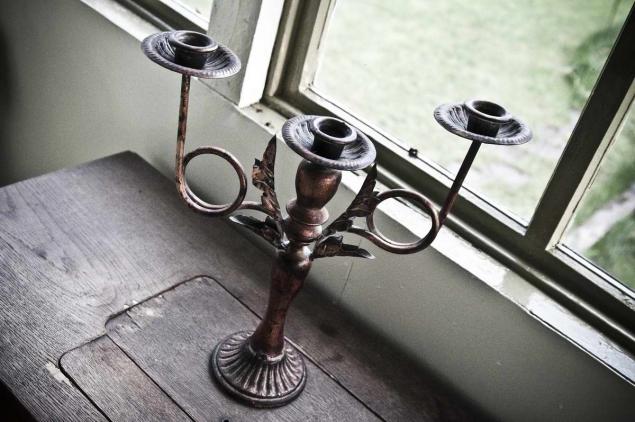
© Phere - To swim is to be lazy, lazy, idle, wandering, wandering. - Where are you going? I go, Grandpa, wherever I go. Are you trying to do things or are you trying to do things? (M. Prishvin, “Behind the Magical Kolobok”).
- Zhban is a jar-shaped vessel with a mug. Speaking is like the head.
- To spin means to fry in a large amount of overheated oil. As a rule, thick-walled dishes were used for this, for example, kazan.
- The first in Russia gauge railway of factory use, built in 1788 in Petrozavodsk, was called cast-iron wheel line. Later, cast iron was called any railway. Now the cast iron people thousands of three times lucky and, like a bird, flies.
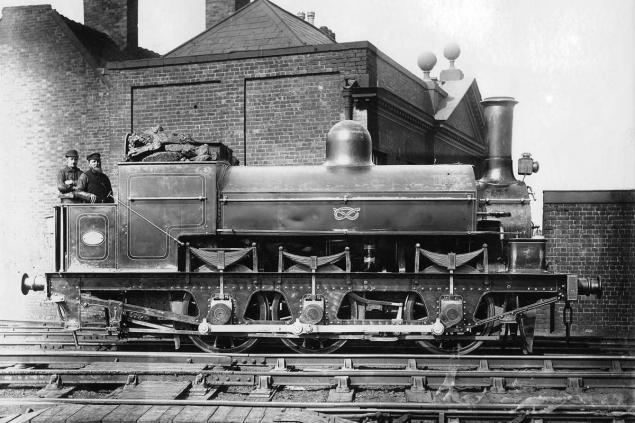
GettyImages - Now they call a charming person charming, and earlier they called a deceiver and a seducer. By analogy, charming letters were intended to deceive, confuse, seduce a person into bad deeds. Thus, the rebels Stepan Razin and Emelian Pugachev sent out “beautiful letters” urging peasants to join the rebellion.
- Width comes from the word "width." The primary value is a piece of canvas cut off in width, towel, handkerchief. In Belarus, Lithuania, Poland, Ukraine and southern Russia, the traditional women’s headdress was called so.
The article and the preview used photos.
My husband doesn’t know how to make enough money that I’m going to turn to a fortune teller.
Ladies over 50 often make French with floral motifs to make their hands look younger








